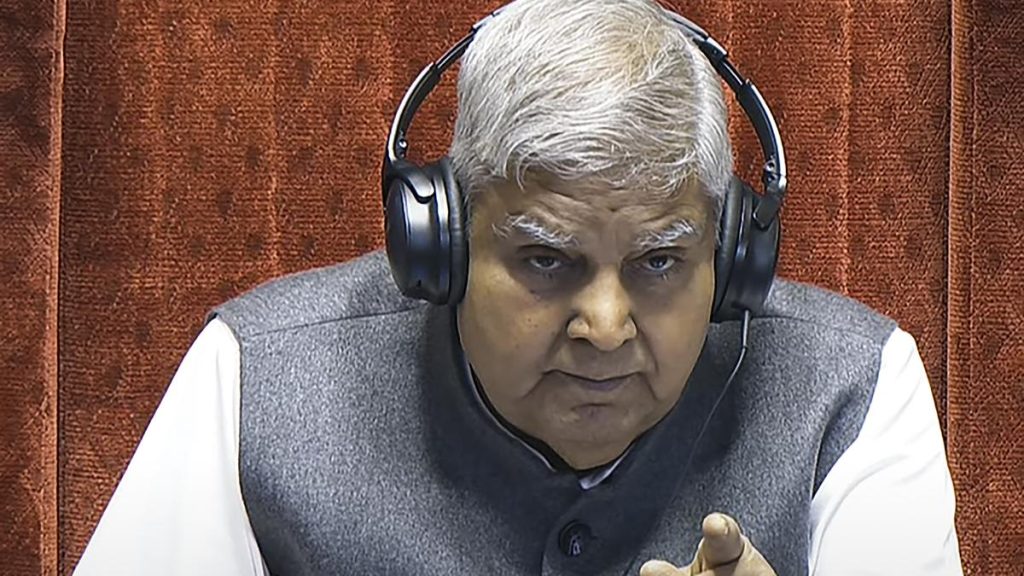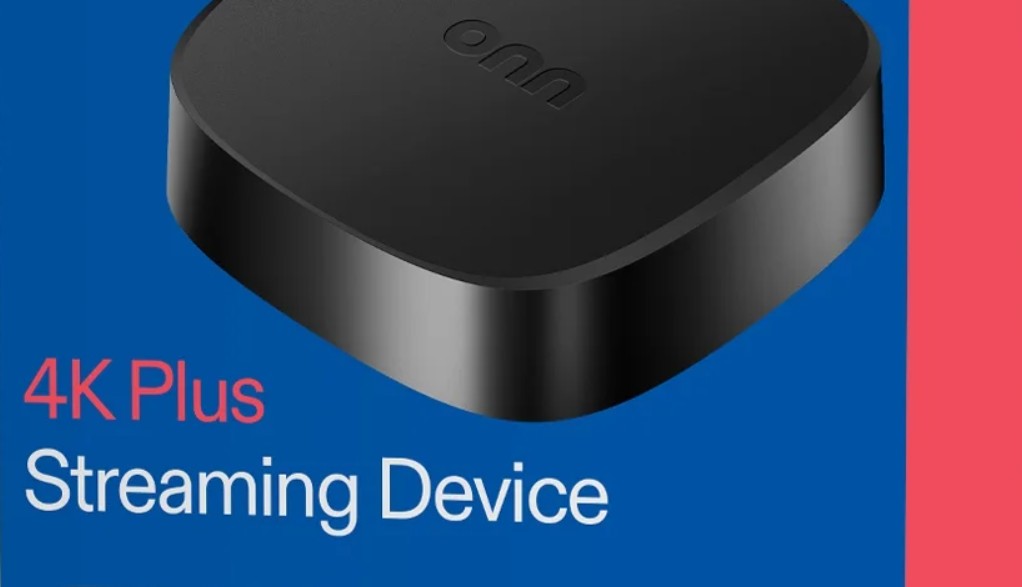Now Reading: Researchers Develop Shape-Shifting Stretchable Battery
-
01
Researchers Develop Shape-Shifting Stretchable Battery
Researchers Develop Shape-Shifting Stretchable Battery

Quick Summary
- Scientists at Linköping university, Sweden, developed a stretchy battery capable of functioning even when bent, twisted, or stretched to twice its original length.
- The battery is made from soft materials similar to toothpaste and can be 3D printed into various shapes for enhanced adaptability.
- It uses organic components such as modified lignin (a paper manufacturing byproduct) and conductive silver nanowires/nanographite for flexibility and durability.
- The battery maintains performance through over 500 charge/discharge cycles wiht voltages just below standard household batteries (1.5V).
- Applications include powering wearables, medical devices like pacemakers, flexible sensors embedded in clothing, or soft robotics that mimic natural movement without bulky battery packs.
Indian Opinion Analysis
The advancement of this stretchy battery technology represents significant innovation with potential implications for India across areas such as healthcare devices and wearable technologies. Flexible designs may enable Indian medical institutions to introduce cost-effective solutions like smart pacemakers tailored to dynamic patient needs in urban and rural settings alike.
Additionally,the technological adaptability provided by 3D printing could benefit India’s emerging electronics industries poised toward scalable production models focused on accessibility.Soft robotics powered by stretchable batteries could open doors for agricultural automation or disaster response mechanisms in environments where traditional rigid systems fail due to adverse conditions-key areas where India actively seeks new tech partnerships.
This proof-of-concept offers promise but would require further research customization concerning durability under real-world field applications before scalability aligns with India’s industrial ambitions.

























